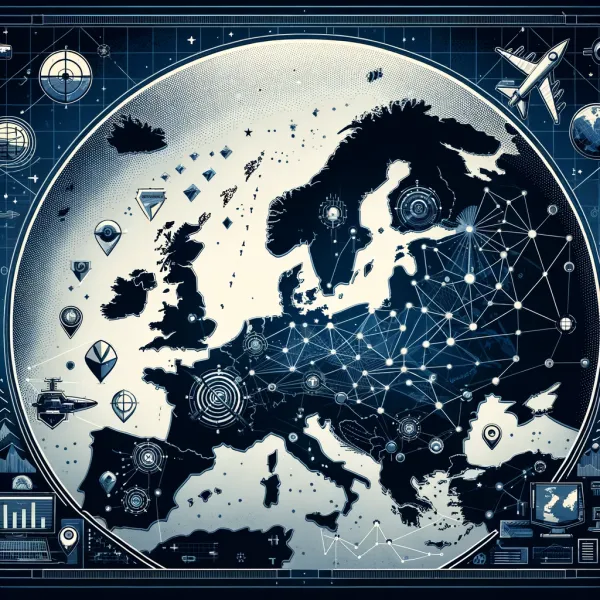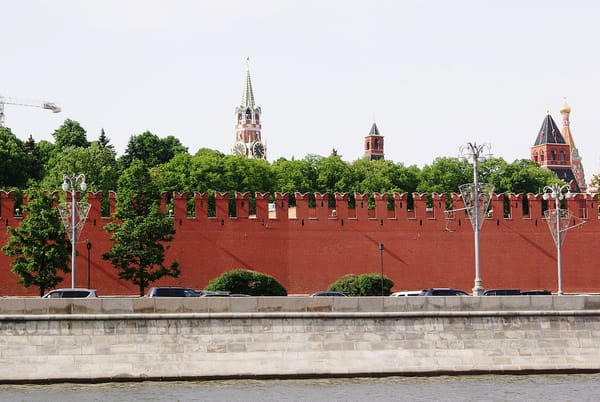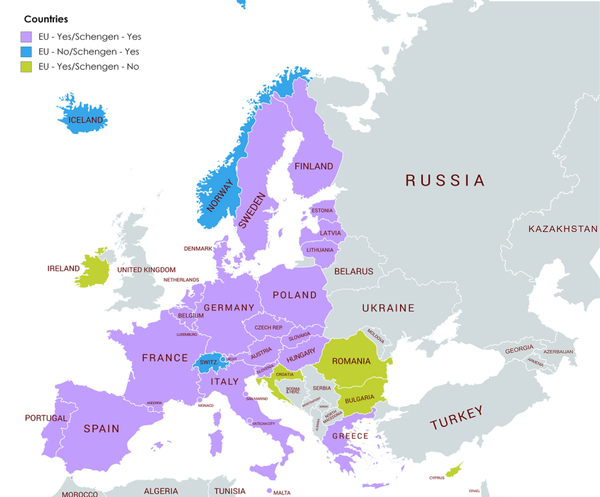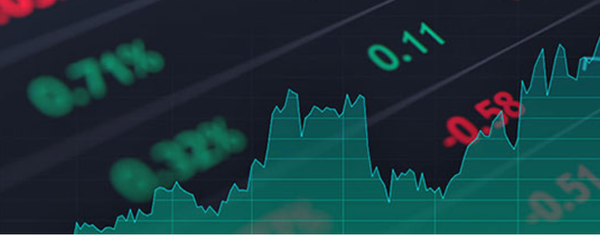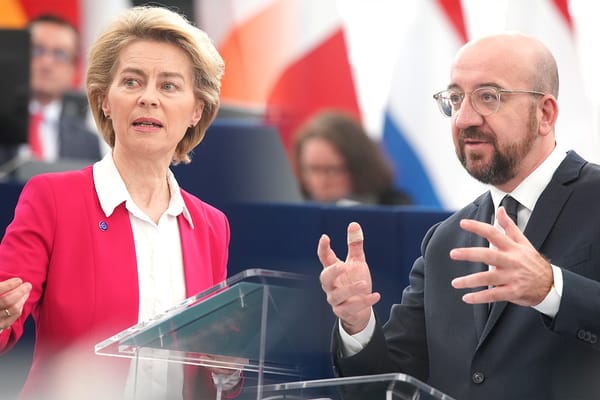
Hungary sees “Economic Benefits” of Producing Russia’s Sputnik Vaccine
Hungary will start producing Sputnik V, the Russian Covid-19 vaccine, in the city of Debrecen starting at the end of 2022, Russia’s foreign minister, Sergei Lavrov, and Hungary’s minister of Foreign Affairs and Trade, Péter Szijjártó, announced at a joint press conference in Budapest on Tuesday. Hungary is currently the only EU country which is using the Russian-made vaccine, which has not been licensed by the European Medicines Agency (EMA). Around 1 million Hungarians have been vaccinated with Sputnik.
Foreign minister Szijjártó expressed his contention that there would be market demand for Sputnik, and that the 4th wave of the pandemic would therefore offer business opportunities for Hungary. “Without the Sputnik vaccine, we would not have been able to carry out Europe’s most successful vaccination campaign,” he said, adding in reference to the plan for its manufacture in Hungary that “we will not only reduce our vulnerability, but we can also gain some economic benefits, as the epidemic remains with us.”
Diplomatic and business ties between Hungary and Russia have grown stronger in the past 10 years. At the news conference, Lavrov called the Hungarian minister a friend while Szijjártó announced that he had invited his counterpart to speak to Hungary’s diplomatic corps. Hungarian media noted that Hungary is the first NATO member to invite a top Russian diplomat as a speaker for the country’s annual ambassadorial conference.
Hungary depends greatly on Russian gas and oil supplies and the country is about to sign a new 15-year-long gas supply deal with Russia’s Gazprom. International media have observed that the government of Hungary’s prime minister Viktor Orbán has been a strong ally of Russia in the past decade, promoting Moscow’s interests within the European Union, and repeatedly calling for an end to economic sanctions imposed after Russia’s annexation of Crimea in 2014.

